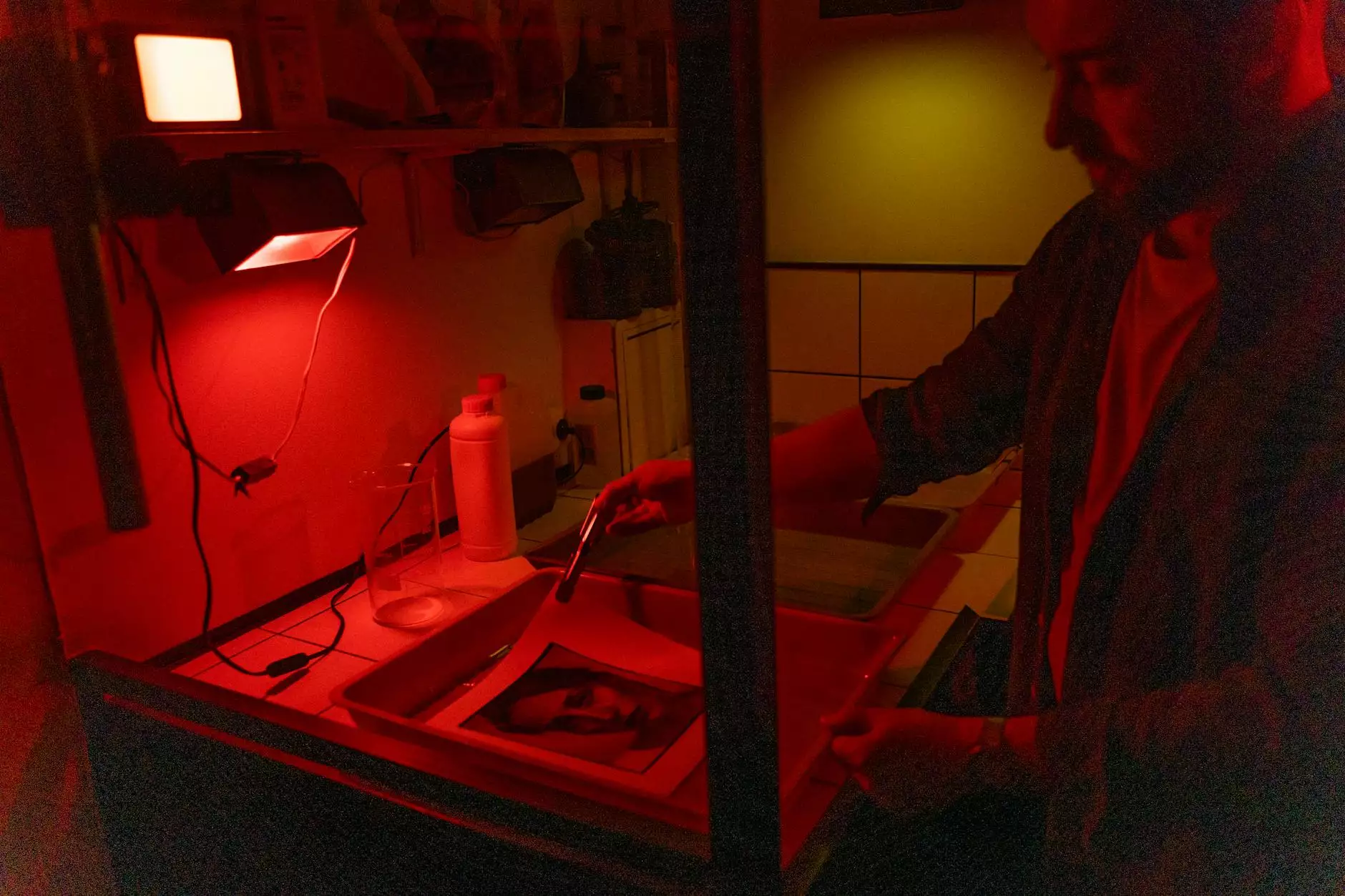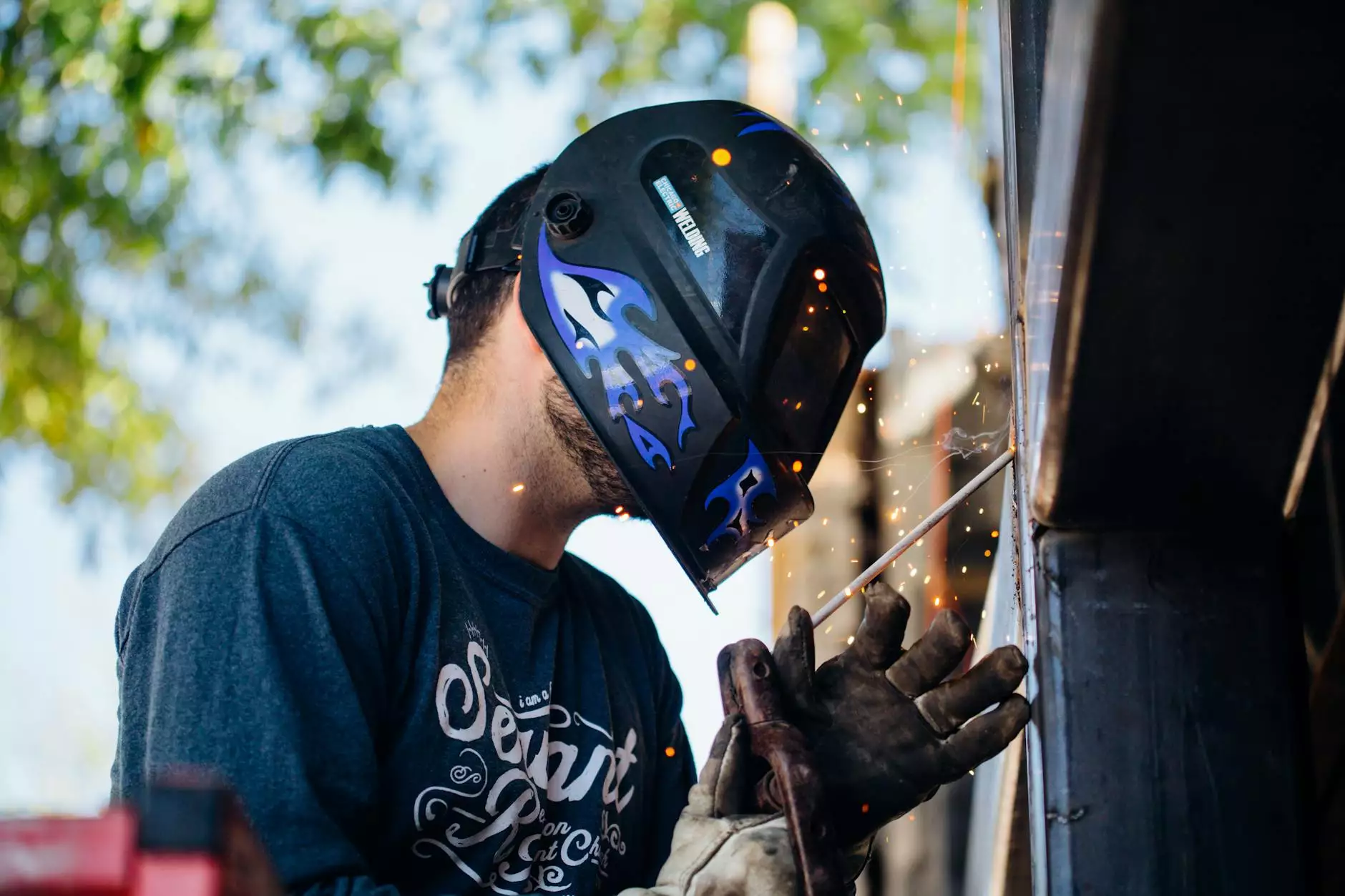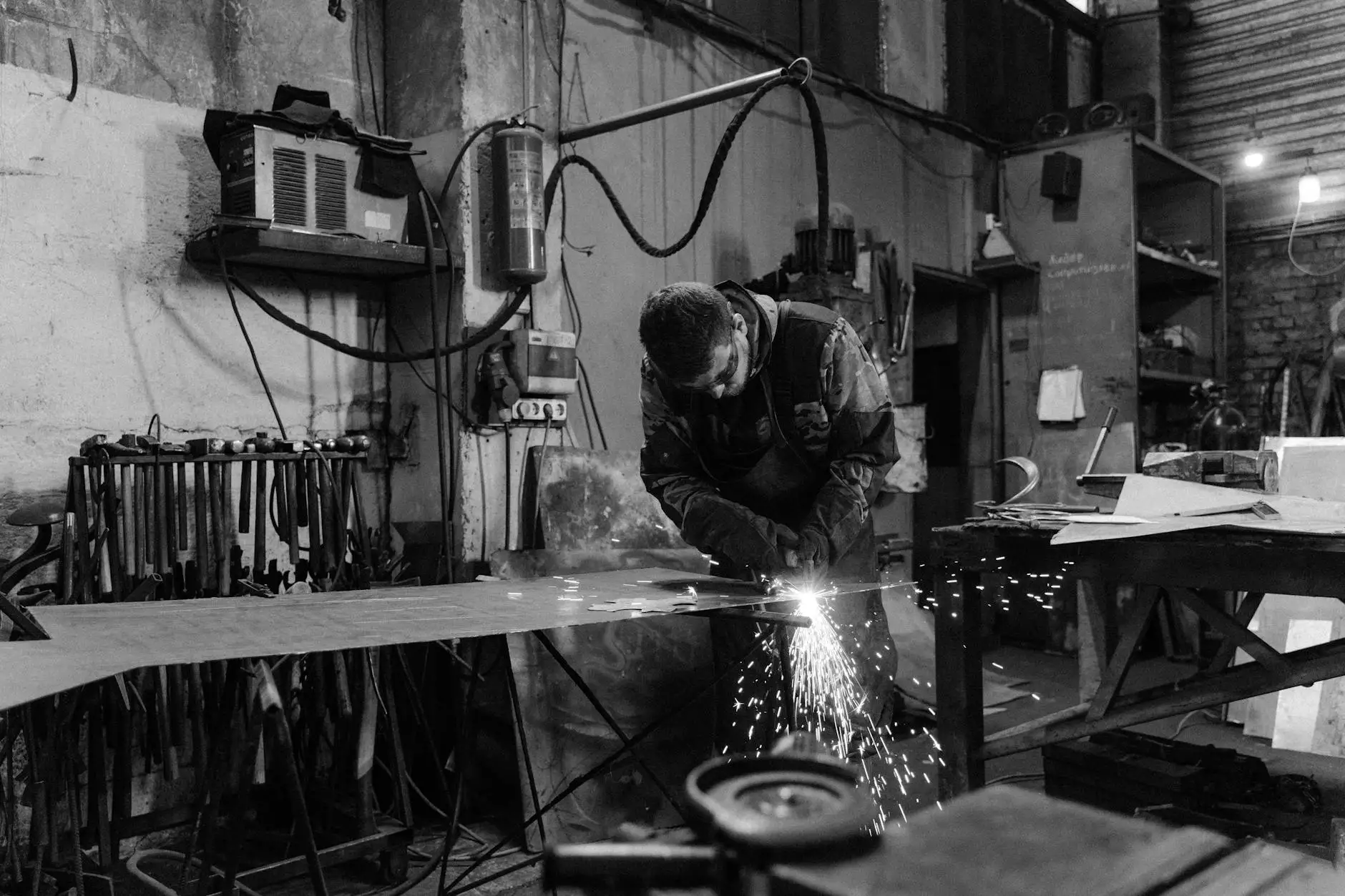Introduction to the Laser Cladding Process Titanova

What is Laser Cladding?
Laser cladding is a cutting-edge technology used in the manufacturing industry to enhance the surface properties of various materials. It involves depositing a layer of material onto a base material using a high-powered laser beam. This process can significantly improve the durability, wear resistance, corrosion resistance, and overall performance of the base material.
Advantages of Laser Cladding
Laser cladding offers several advantages over traditional coating techniques. Here are some key benefits:
- Enhanced Performance: Laser cladding improves the surface properties of the base material, resulting in enhanced performance characteristics such as increased hardness, reduced friction, and improved resistance to wear and tear.
- Precision and Control: The laser cladding process enables precise control over the thickness, composition, and quality of the clad layer, ensuring consistent and reliable results.
- Wide Range of Materials: Laser cladding can be performed using various materials, including metals, ceramics, and even composites, allowing for versatility in applications across different industries.
- Cost Efficiency: By selectively applying a high-performance coating only where needed, laser cladding reduces material waste and minimizes overall production costs.
Titanova: Your Laser Cladding Solution
When it comes to professional laser cladding services, Powder Keg's Titanova is the name you can trust. With our state-of-the-art equipment, expert technicians, and commitment to quality, we deliver superior results that exceed our clients' expectations.
Our Laser Cladding Process
At Titanova, we follow a meticulous laser cladding process to ensure the highest standards of quality and performance. Here's a brief overview of our process:
- Material Selection: We carefully choose the appropriate cladding material based on the specific requirements of your application. Our experts consider factors such as wear resistance, thermal properties, and compatibility with the base material.
- Surface Preparation: Before the cladding process begins, the base material is thoroughly cleaned and prepared to ensure proper adhesion and bonding with the clad layer.
- Laser Cladding: Using our advanced laser equipment, we precisely melt the cladding material and deposit it onto the surface of the base material. The laser beam is directed with utmost accuracy to create a strong, uniform bond between the two materials.
- Post-Processing: Once the cladding is completed, we conduct thorough inspections to ensure the integrity of the clad layer. Additional post-processing steps, such as machining or heat treatment, may be applied to achieve the desired final properties.
- Quality Control: Quality is our priority. We perform rigorous testing and quality control checks to verify the adherence to specifications and guarantee the durability and performance of the laser-clad component.
Applications of Laser Cladding
Laser cladding has a wide range of applications across various industries. Some common applications include:
- Aerospace: Laser-clad components are used in the aviation industry for their excellent resistance to wear, corrosion, and high temperatures.
- Oil and Gas: Laser cladding is employed to enhance the durability and longevity of critical components used in oil rigs and pipelines.
- Automotive: The automotive industry benefits from laser cladding's ability to improve the performance and lifespan of engine parts and other high-stress components.
- Tooling: Tools and dies can be laser clad to improve wear resistance and extend their lifespan, reducing production downtime and costs.
Trust Titanova for Your Laser Cladding Needs
Choose Powder Keg's Titanova for all your laser cladding requirements. Our expertise, dedication to quality, and advanced technology ensure outstanding results for every project. Contact us today to discuss how we can enhance the performance and reliability of your components through laser cladding.



